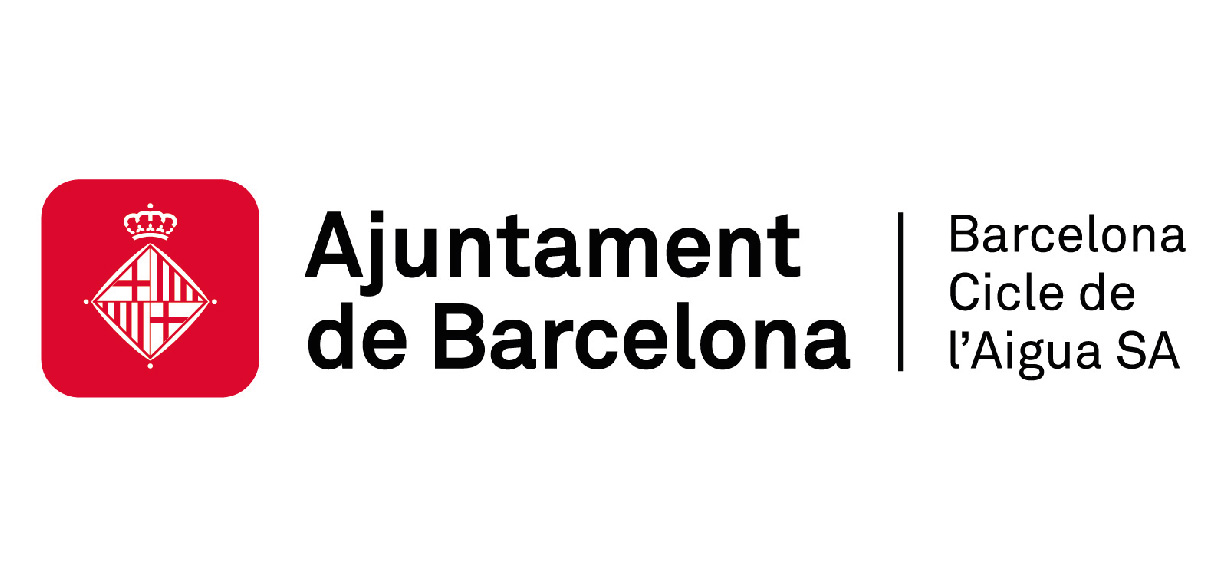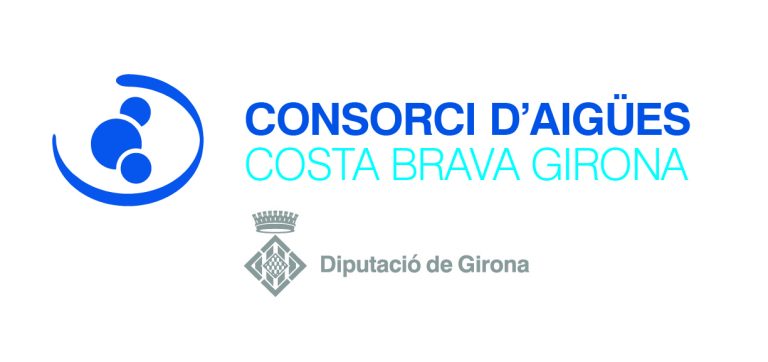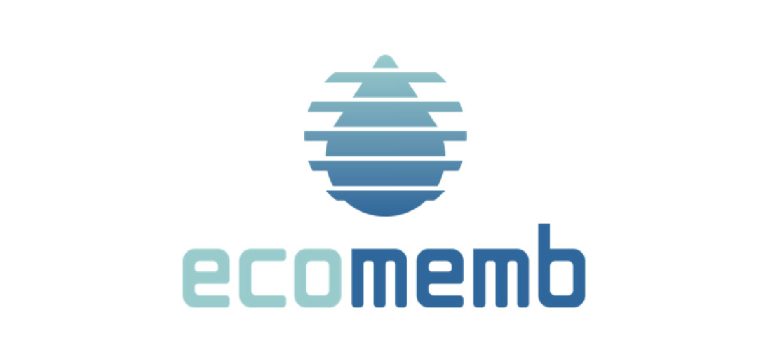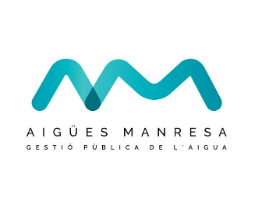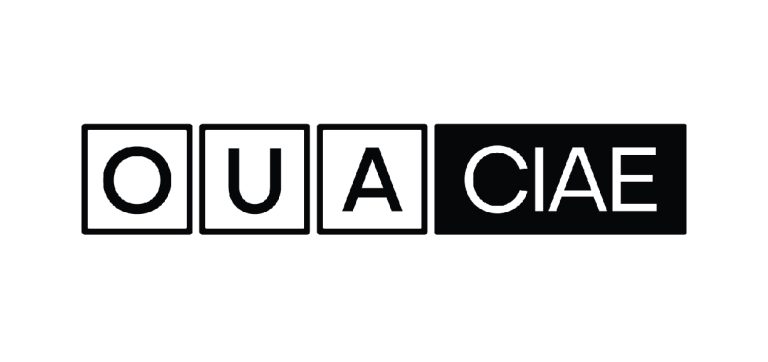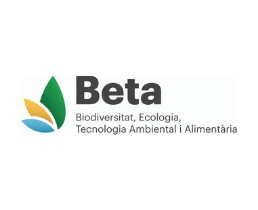BCASA
Barcelona Cicle de l’Aigua, SA (BCASA) is a municipal public company created in 2014 and integrated into the Department of Urban Planning, Ecological Transition, Urban Services, and Housing of the Barcelona City Council.
Its mission is to meet the needs of Barcelona by providing quality services and products, differentiating the Barcelona brand in the Water Cycle field, and creating value for the City Council through the resources managed and knowledge acquired. This is achieved by promoting processes that contribute to a more efficient use of water and energy resources, improving water quality, and minimizing the impact on natural systems.
With a commitment to public service, the main principles guiding its actions are the interest of the people, a culture of sustainability and environmental responsibility, innovation, a commitment to results, and integrity, ethics, and transparency. It is also committed to the United Nations’ Sustainable Development Goals (SDGs).
SDG 6, “Ensure availability and sustainable management of water and sanitation for all,” is a core part of BCASA’s management model and is most relevant to its activities.

Additionally, BCASA contributes to the achievement of other SDGs through the promotion of various social, environmental, and good governance initiatives.
People are at the center of BCASA’s organizational efforts, aiming for greater well-being and a higher degree of effectiveness by promoting personal and professional development, avoiding all forms of gender discrimination, and supporting salary policies and social protection measures that ensure equal opportunities and reduce inequalities in outcomes.
BCASA is becoming a sustainable organization with resilient infrastructures to combat climate emergencies and pollution, promoting the naturalization of the city and the protection of receiving environments (sea and rivers).
BCASA serves as a model for all public institutions, which must be effective, responsible, and transparent, fully committed to the fight against corruption. It fosters participation and communication with stakeholders, promoting debate and the exchange of experiences.
